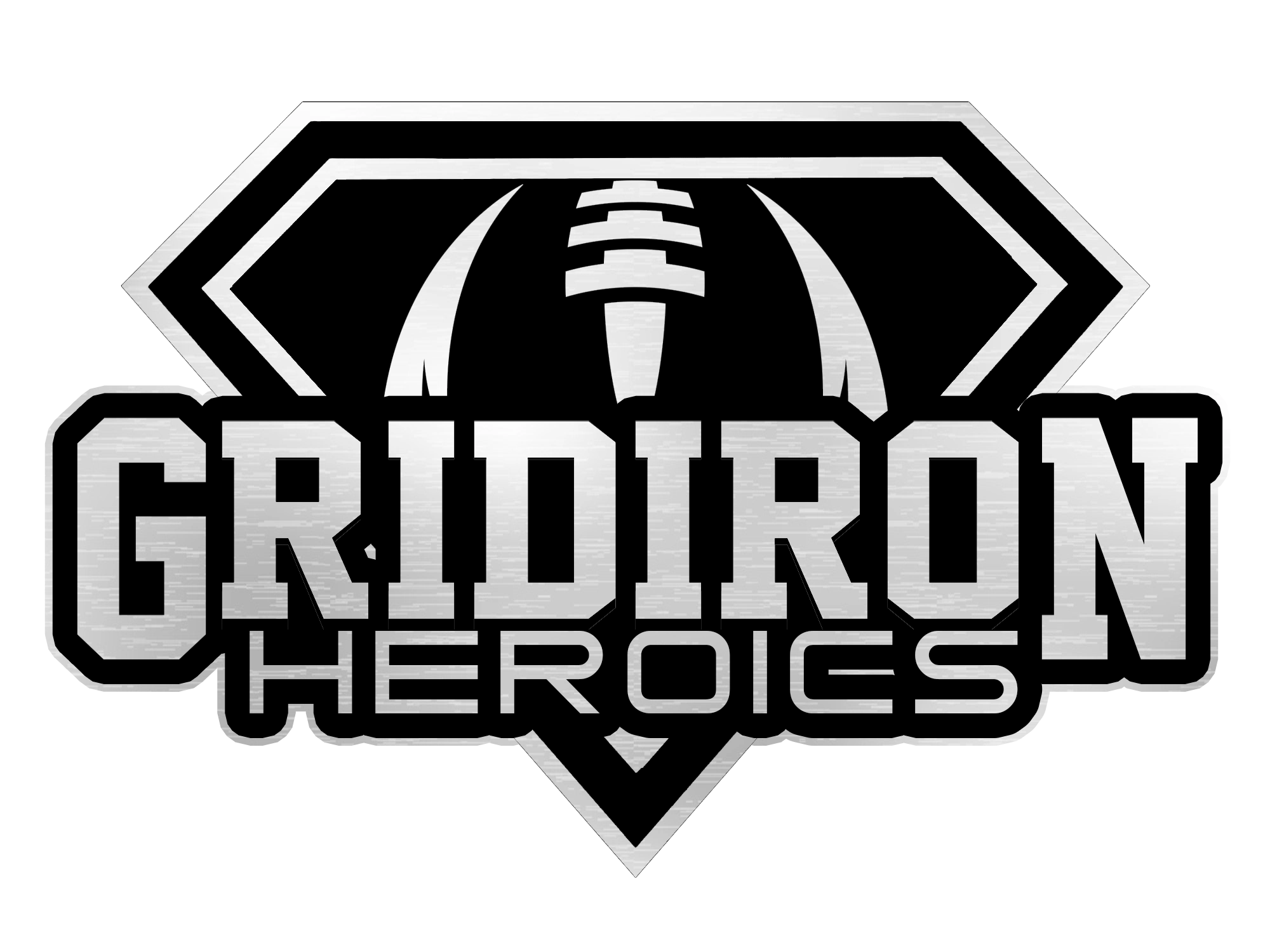Entering the 2000 college football season, the Miami Hurricanes were looking to regain their soul again. Under Jimmy Johnson and Dennis Erickson, the Canes played with a bluster that appealed to some, but revulsed others. But it was individual and team success that allowed their famous swagger to flower.
Since the mid-90s, when Butch Davis took over, Miami lost at least three games every year. Davis took over a program mired in NCAA sanctions. The Canes lost 31 scholarships between 1996-1999 and were banned from postseason play one year.
But entering the 2000 season, Miami felt confident. This was the year they were supposed to win a national championship. The sanctions were history, and Miami had NFL players on the roster like Santana Moss, Jeremy Shockey, Ed Reed, Reggie Wayne, and others.
Miami Hurricanes 2000 season:
The Miami Hurricanes started the season ranked No. 5 in the AP Poll. After defeating FCS McNeese State with ease, Miami went on the road to take on No. 15 Washington. The Huskies led at halftime 21-3, and the Hurricanes were unable to complete the comeback, losing 34-29. In order to have a chance to make the BCS championship, Miami had to be perfect the rest of the season. After defeating West Virginia and Rutgers handily, the next challenge was against Florida State.
Florida State had defeated Miami in five straight seasons, and was ranked No. 1 coming into the game. During practice, the Miami coaches blasted the Florida State chant to motivate their players ahead of the game. With Miami down 24-20 with around 3:10 remaining, QB Ken Dorsey led a drive to take the lead, capped off by a TD throw to TE Jeremy Shockey.
After Florida State QB Chris Weinke drove the Seminoles to Miami’s 32-yard line, FSU decided to kick a field goal. The kick missed wide right and Miami won the game.
Miami destroyed the remaining competition in their schedule, including No. 2 Virginia Tech by a score of 41-21. But how would the BCS judge Miami’s loss to Washington?
BCS Championship Game controversy:
At the end of the season, Florida State and Miami were in a race for the No. 2 spot. Oklahoma took the No. 1 spot, as they had gone undefeated all year. Miami’s loss to Washington did not look bad in hindsight, as the Huskies went 11-1 on the year. However, Florida State lost to Miami, which should’ve gave Miami the edge.
The human polls, which were the AP and Coaches, ranked the Miami Hurricanes ahead of FSU. However, the computer polls favored FSU, which ultimately landed them in the championship game. Some believe that FSU’s greater margin of victory during the season allowed them to get in. The computer rankings favor those who have greater margins of victory. This was changed after the 2000 season.
Miami’s snub also led to the BCS adding a ‘quality win factor’ to their computer rankings. This gave teams a bump for beating a top ten team.
But more importantly the controversy also revealed key issues with the BCS system as a whole. Not only did Florida State and Miami have a legitimate stake at playing Oklahoma, but Washington did also.
It didn’t help that Florida State performed very poorly in the bowl game, putting up only two points. In order for all these teams to have a fair chance at competing for a national championship, a playoff had to be instituted. While this would only happen a decade later, the 2000 Miami team can lay claim to helping overturn the BCS.
To see the previous two installments in this series, click here and here.

